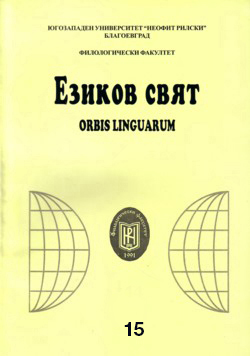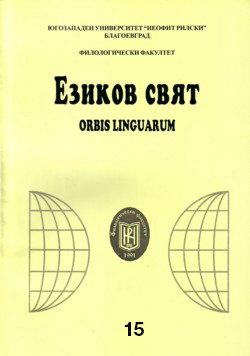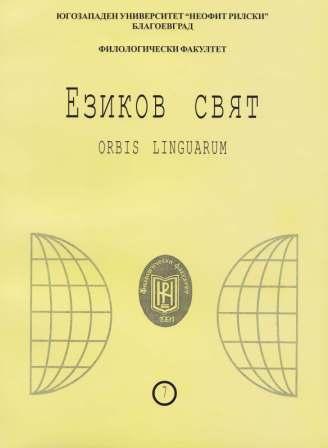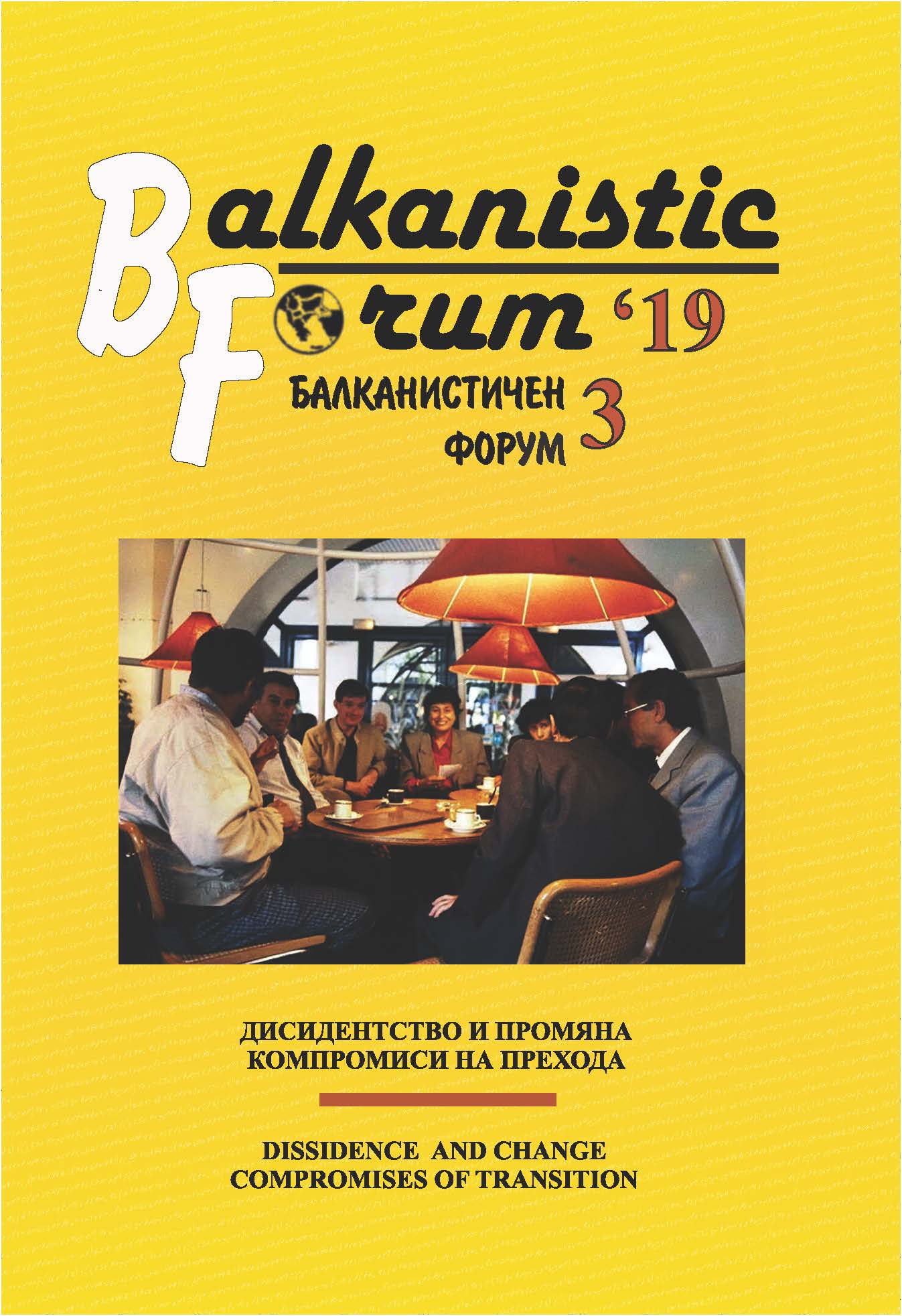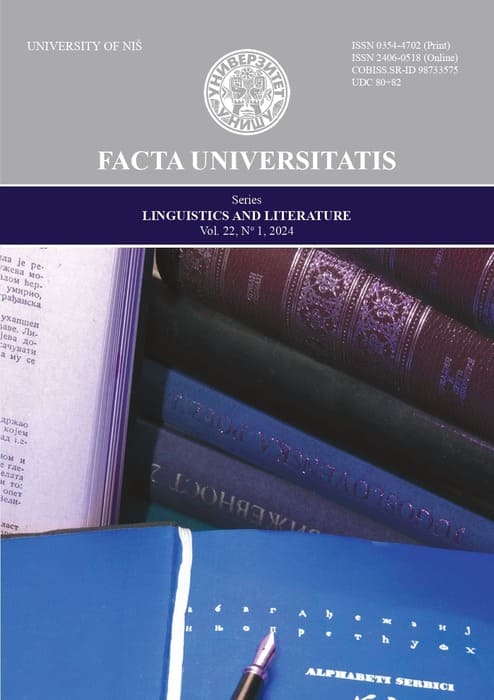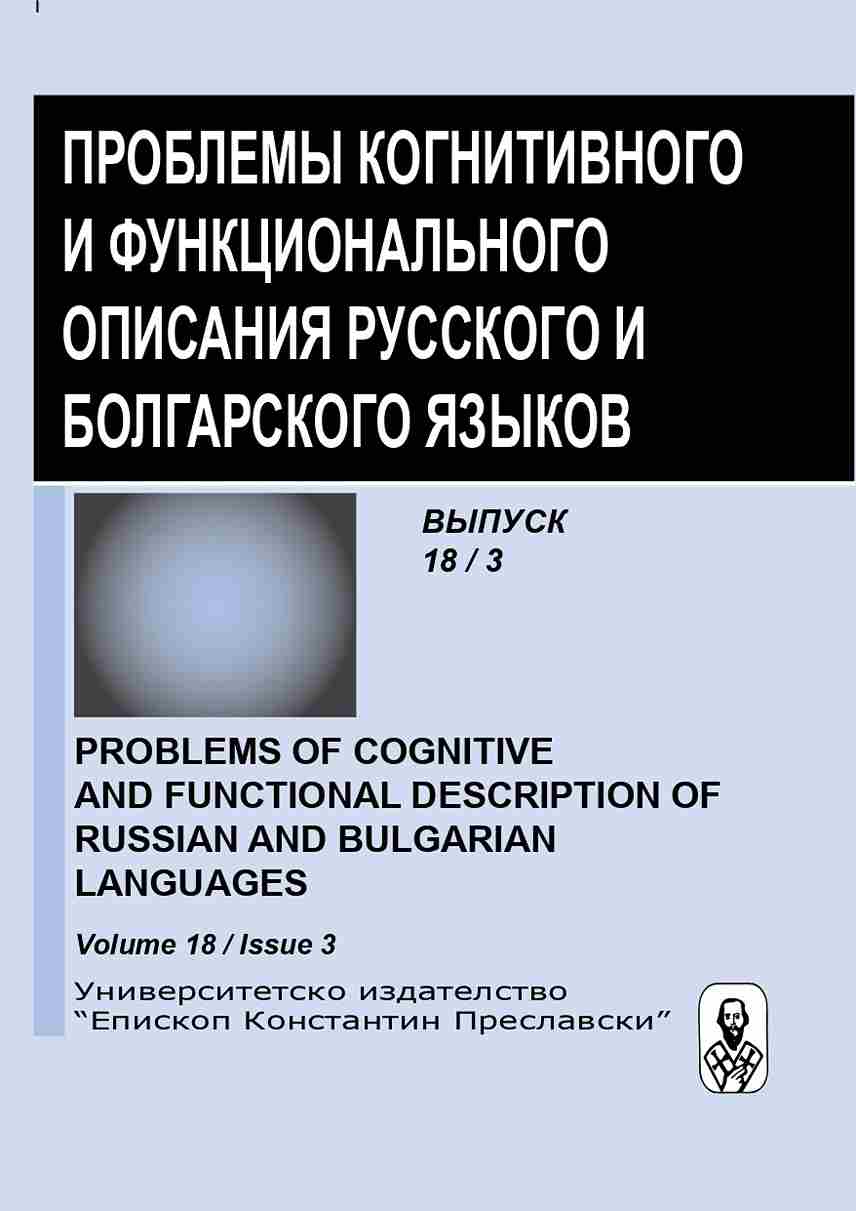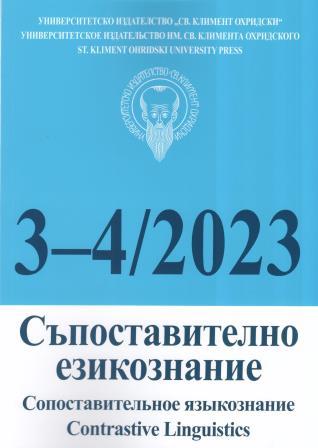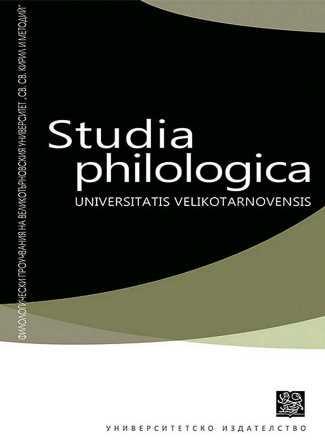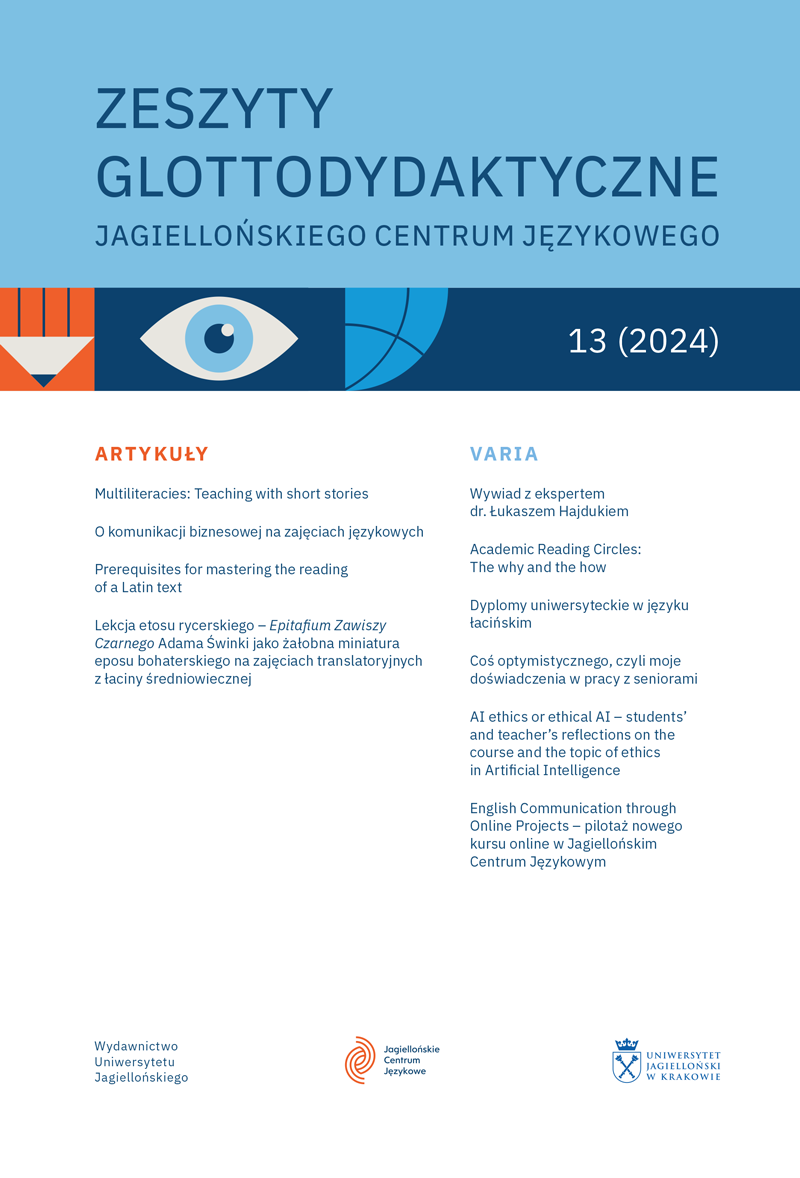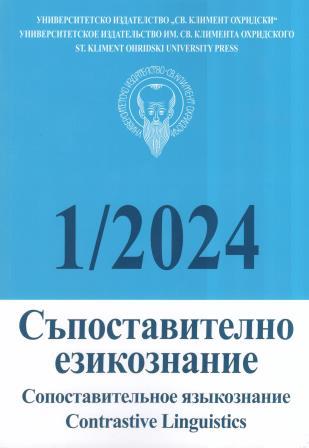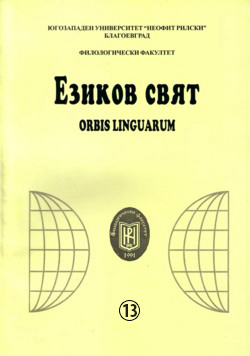
ПРЕФИКСОИДЪТ „НЕ” В СЪСТАВА НА ДУМИТЕ И НАЧИНИТЕ МУ ЗА ПРЕВОД НА АНГЛИЙСКИ ЕЗИК
The paper observes Bulgarian words, which contain the negative formant „не” in word composition and their translation in English. A lot of ways of translation of such lexemes in English were found out. Some of them are translated by means of negative prefixes and suffixes while other are translated as complex words.
More...
